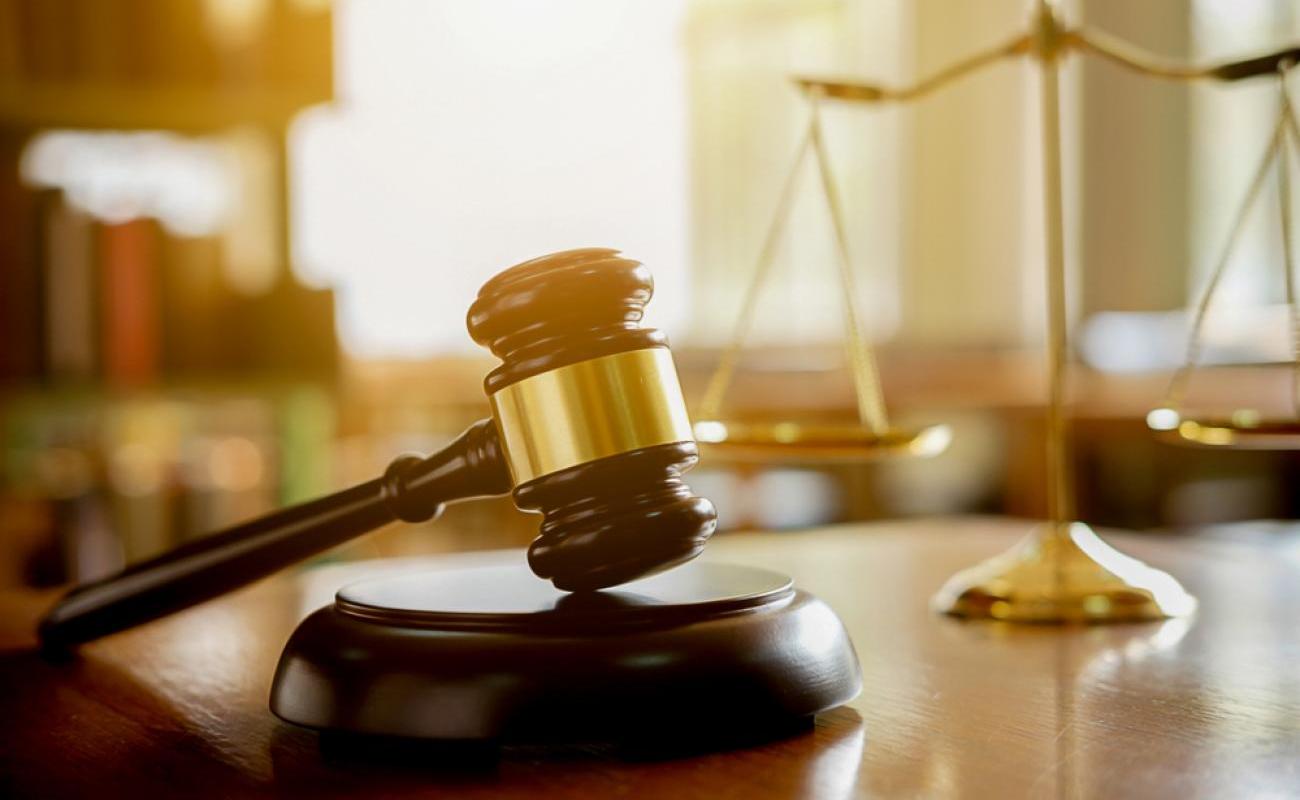Sanctions, compensations, international jurisprudence: what has been done by the end of the second year of the great war

The year 2023 was no less eventful than 2022: battles continued and continue not only on the front lines, but also in offices of all kinds. Hundreds of meetings on different continents had and have one goal: punishment for the aggressor and compensation for all victims. Our 24/7 work at the edge of human powers has paid off.
What was discussed only in whispers in 2022, in 2023 sounded loud. The world community unanimously agreed that Russia should bear responsibility for the damage and harm caused to Ukraine and Ukrainians by Russia's aggression. According to the results of 2023, it can be stated that foreign experts, opinion leaders, and leading jurisprudence specialists have come a long way from doubting the possibility of using seized Russian assets to pay compensation to Ukrainian war victims, to changing legal dogmas and supporting the idea of overcoming sovereign immunity.
What is currently the main thing (in the compensation track) and what the international legal community worked with during 2023 was and is the fastest possible launch of the International Compensation Mechanism. So, step by step:
International compensation mechanism:
Ukraine entered 2023 with unprecedented legal support for the Compensation Mechanism. The majority of the UN General Assembly on November 14, 2022 established the legitimacy of all elements of the mechanism, which includes: the Register of Losses, the Commission for Assigning Payments and the Compensation Fund. As a whole, this decision, developed by Ukrainian experts based on the experience of other countries, allows to develop a fair system of compensation payments under independent international supervision and without waiting for the consent of the aggressor country.
It all started developing very quickly. On February 17, the Register of Damages received its home in a very symbolic city, the city of justice, in The Hague, the Government of the Netherlands agreed to Ukraine's proposal to create an international organization. On May 17 (already a magical date for Ukraine), a fundamental event for the International Compensation Mechanism took place at the Council of Europe Summit: an agreement on the Register of Damages was signed. Currently, 43 countries and the European Union have joined the treaty on the International Register of Losses. Recent signatories include Switzerland. The Ukrainian team plans to attract to the Register as many as possible out of those 94 countries that voted for the Compensation Mechanism at the UN.
Already at the First Conference of the countries participating in the Register, which took place on June 27 (also a mysterious seven), the Executive Director of the Register Markiyan Klyuchkovskyi was appointed, as well as the preliminary expenses for the operations of the Register, administrative matters like the premises were allocated, and the reception of candidates for the members of the Register Council was announced . It was at the Third Conference, which took place in mid-November, that the members of the Council of the Register of Damages were elected (according to the Statute of the Register there should be 7, including one candidate from Ukraine). The Register Board link: https://www.coe.int/en/web/portal/-/conference-of-participants-of-the-register-of-damage-for-ukraine-elects-its-board.
We are waiting for the approval of the rules and procedures of the international Register of losses and categories of losses in the nearest future. Recently, the Government of Ukraine, at the request of the Ministry of Justice, proposed ready-made categories of damages, which the International Register can take as a basis when developing its categories. In the second quarter of 2024, we expect the global launch of the Register.
So far, the most difficult issue remains the filling of the Compensation Mechanism Fund. The basis for compensation payments should be the seized assets of the aggressor country and sanctioned persons. At the moment, there are about $300 billion of such funds in various countries of the world (frozen assets of the Central Bank of the Russian Federation). However, the confiscation and transfer of these assets to Ukraine requires political will from many countries of the world. And we desperately need strong US leadership in the G7 and other organizations to make Putin pay for his violations of international law.
Nevertheless, there are positive dynamics in the domestic politics of the leading states. And here the USA and Canada have made significant progress. Ukraine desperately needs the US Congress to pass the REPO for Ukrainians Act (H.R. 4175) and (S 2003); and Canada - SEMA Amendment Bill. Others will follow the example of the world's leading countries.
The statement of the president of the European Commission, Ursula von der Leyen, about the transfer of profits from the management of frozen Russian funds to Ukraine, which can amount to at least €3 billion per year, also adds to the optimism.
So far, partners have delayed confiscation due to a number of legal, political and economic reasons. However, thanks to the powerful advocacy of Ukrainians, they were refuted.
Legally: the confiscation is legitimate, because it is a justified countermeasure in response to Russian aggression, and a measure of collective self-defense. Politically: third countries have no reason to fear for their assets in the West. Russian aggression is unique: from violation of the UN Charter, the Budapest Memorandum, international law to gross war crimes today. Economically: today there is no real alternative to Western reserve currencies (US dollar - 59%, Euro - 20%, Japanese yen and British pound - 5
